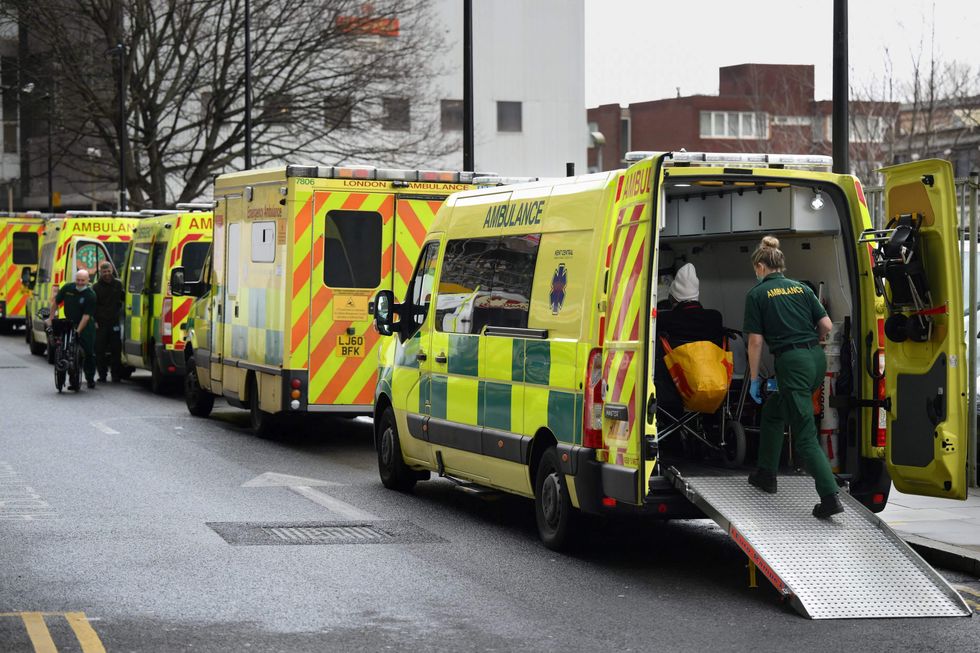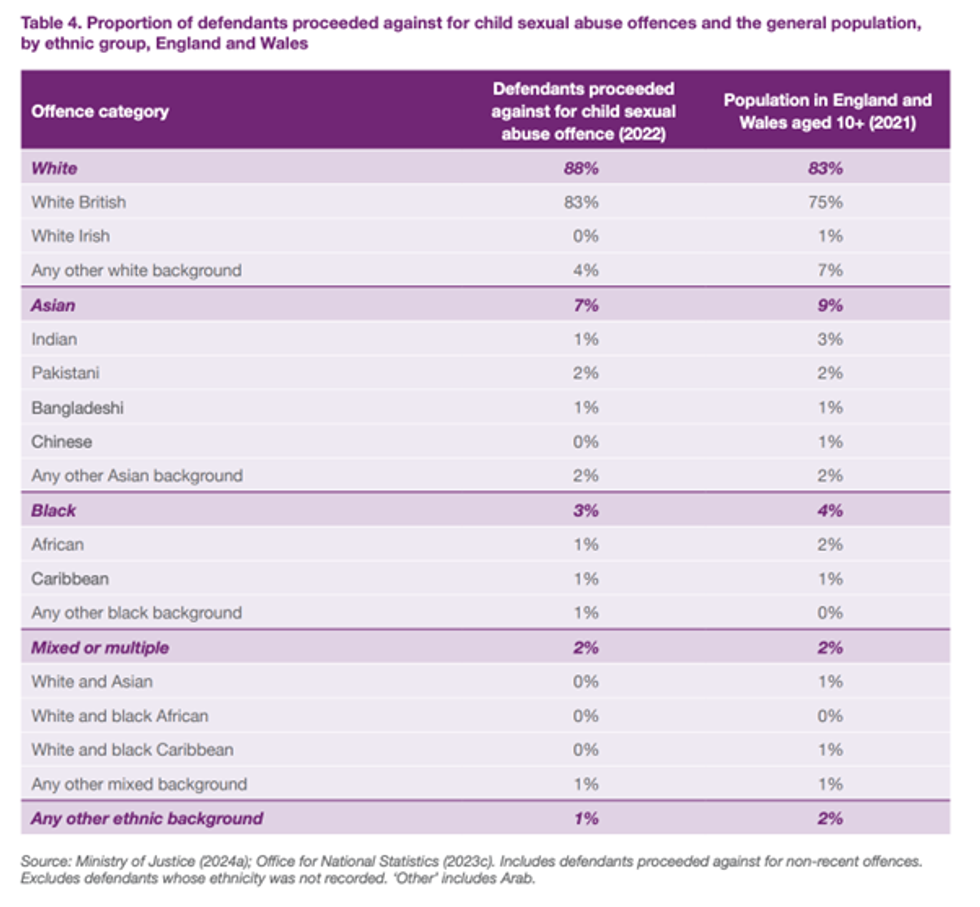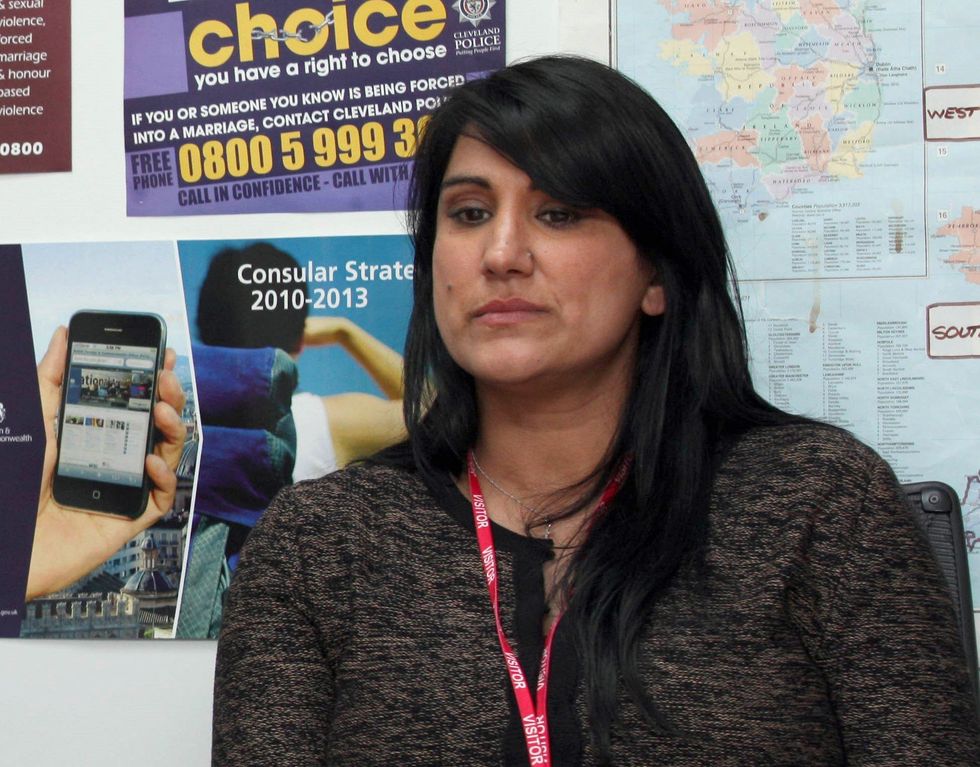THE United Nations warned last Friday (24) that escalating fights in conflict torn Myanmar’s Rakhine state had forced around 45,000 minority Rohingya to flee, amid allegations of killings and burnings of property.
“Thousands of civilians have been displaced in recent days by the fighting in Buthidaung and Maungdaw townships,” UN rights office spokeswoman Elizabeth Throssell told reporters in Geneva. “Around 45,000 Rohingya have reportedly fled to an area on the Naf River near the border with Bangladesh,” she said.
Clashes have rocked Rakhine since the Arakan Army (AA) attacked forces of the ruling junta in November, ending a ceasefire that had largely held since a military coup in 2021. The AA says it is fighting for more autonomy for the ethnic Rakhine population in the state, which is also home to around 600,000 members of the persecuted Rohingya Muslim minority.
Thousands of Rohingya fled Rakhine in 2017 during a crackdown by the military that is now the subject of a United Nations genocide court case. “Over a million Rohingya are already in Bangladesh, having fled past purges,” Throssell said.
The UN rights chief, Volker Turk, was urging Bangladesh and other countries “to provide effective protection to those seeking it, in line with international law, and to ensure international solidarity with Bangladesh in hosting Rohingya refugees in Myanmar”, she said.
James Rodehaver, head of the rights office’s Myanmar team, described the horrifying situation many were fleeing from. He said his team had received testimonies and seen satellite images, online videos, and pictures indicating that Buthidaung town had been “largely burned”.
“We have received information indicating that the burning did start on May 17...two days after the military had retreated from the town... and the Arakan Army claimed to have taken full control of the village.” He stressed that the UN rights office was still working to corroborate that information, to clearly establish “who were the perpetrators”.
One survivor had described seeing dozens of dead bodies as he fled Buthidaung, while another had said he was among thousands who fled the town only to find themselves blocked by the AA on the road west towards Maungdaw town. Other survivors also said AA members had abused them and extorted money from them as they tried to make their way to Rohingya villages south of the town.
In the weeks leading up to the burning of Buthidaung, Rodehaver said the rights office had documented renewed attacks on Rohingya civilians by both AA and the military in northern Rakhine, including through air strikes. The team had documented “at least four cases of beheadings”, he said, adding that they had determined with a high level of confidence that those were carried out by the AA.
Beyond Buthidaung, Throssell warned of “clear and present risks of a serious expansion of violence”. She pointed to the beginning of a battle for Maungdaw town, where the military has outposts and where a large Rohingya community lives.
“In this appalling situation, civilians are once more victimised, killed, their properties destroyed and looted, their demands for safety and security ignored,” she said. “They are again forced to flee their homes in a recurring nightmare.”



















 'Sorting out the lack of social care in the community needs to be a priority'
'Sorting out the lack of social care in the community needs to be a priority'

 Jasvinder Sanghera (Photo by Jon Bond - WPA Pool/Getty Images)
Jasvinder Sanghera (Photo by Jon Bond - WPA Pool/Getty Images) Lord Kamlesh Patel
Lord Kamlesh Patel Lord Karan Bilimoria
Lord Karan Bilimoria Poppy Jaman
Poppy Jaman
